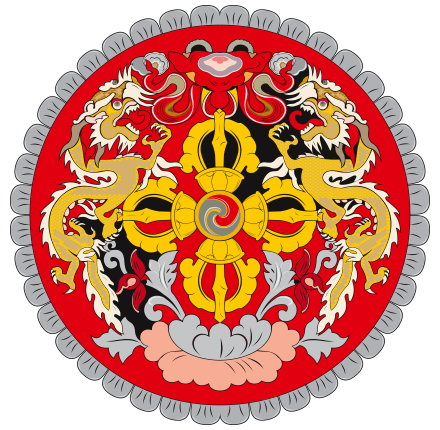
Her Majesty Gyalyum Sangay Choden Wangchuck

The Force Behind the Counseling Movement in Bhutan
Her Majesty the Queen Mother, Ashi Sangay Choden Wangchuck, the founder and president of Respect, Educate, Nurture, and Empower Women (RENEW), which was established in 2004, has also continuously reiterated the importance of counseling in the community to promote positive mental health and to improve the well-being of the Bhutanese people in order to promote GNH. Her Majesty has specifically commanded that counseling services be professionalized and recognized as an alternative means of support and treatment.
Her Majesty has personally taken initiatives toward supporting professionalizing counseling and has signed a memorandum of understanding with the Royal University of Bhutan, the Royal Civil Service Commission, the National Commission for Women and Children, the Royal Bhutan Police, the Bhutan Narcotics Control Authority (BNCA), the Gross National Happiness Commission, the MoH, the MoE, the Ministry of Labour and Human Resources, and RENEW. These stakeholders signed the memorandum of understanding on August 9, 2013, to support the establishment of a Bhutan Board for Certified Counselors (BBCC) to enable the professionalization of counseling in Bhutan.

Her Majesty has also signed a memorandum of understanding with the National Board for Certified Counselors Inc., and Affiliates (NBCC) in the United States to help Bhutan develop a board for certifying counselors. To date, NBCC has helped the MoE, the MoH, the Youth Development Foundation, the Chithuen Phendhey, the BNCA, the Royal University of Bhutan, and RENEW through volunteer placement and training counselors.
There is strong support for professionalizing counseling among these stakeholders, and initiatives have begun toward the development of counseling in the country, especially to address the increasing mental health issues caused by such realities as child abuse, domestic violence, cross-border human trafficking, exploitation, prostitution, HIV, trauma, crises, emergencies, natural disasters, suicide, rape, and substance abuse.


